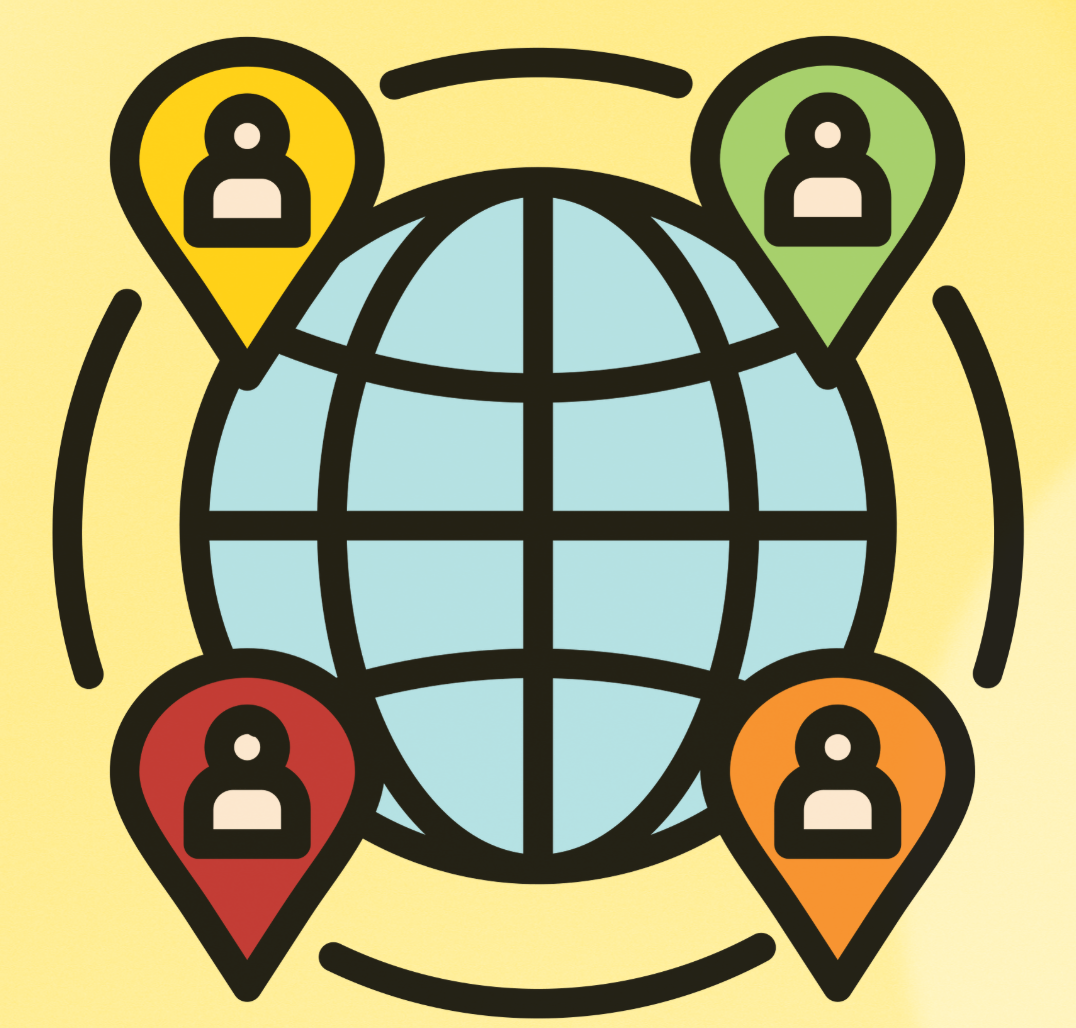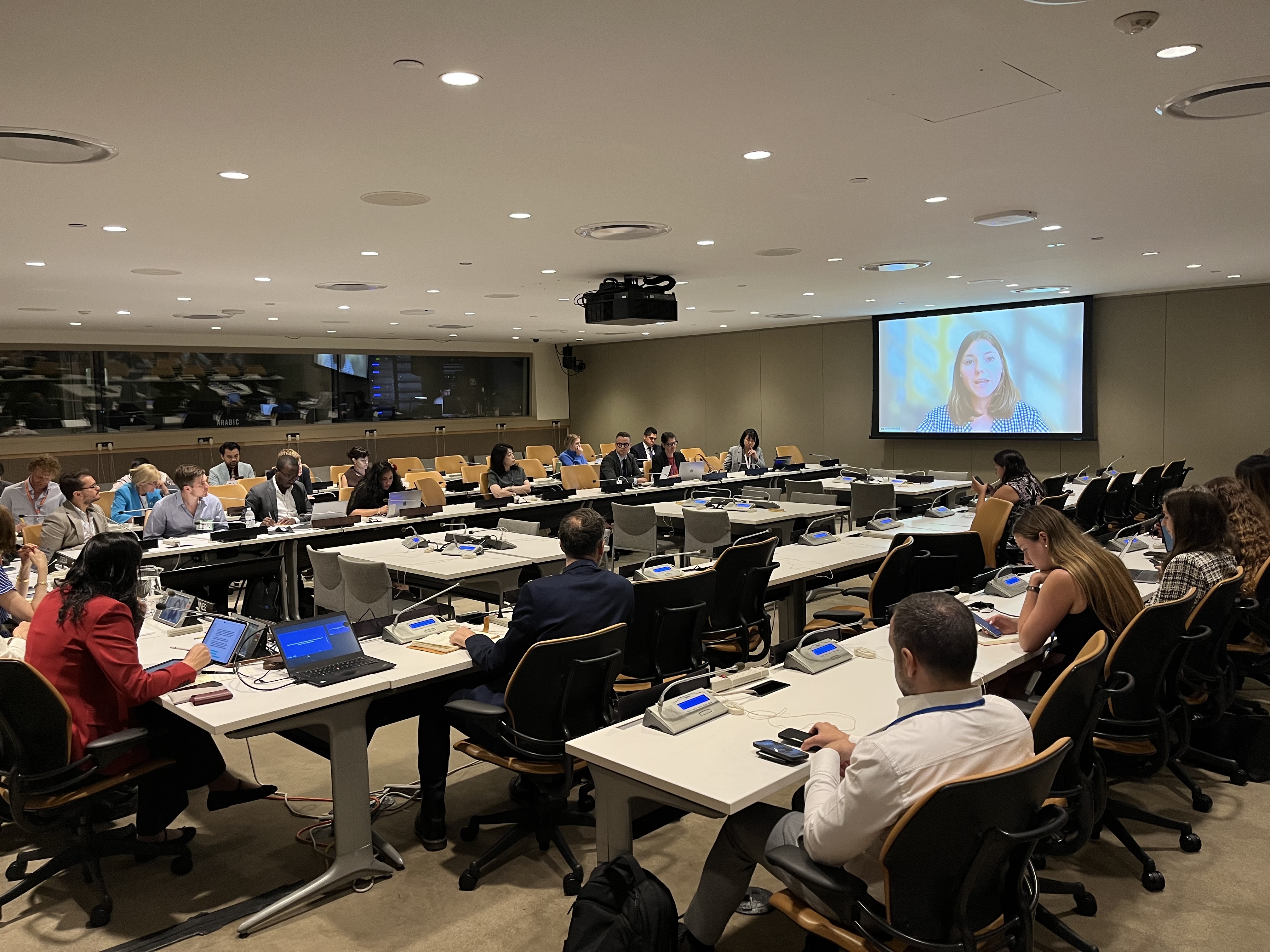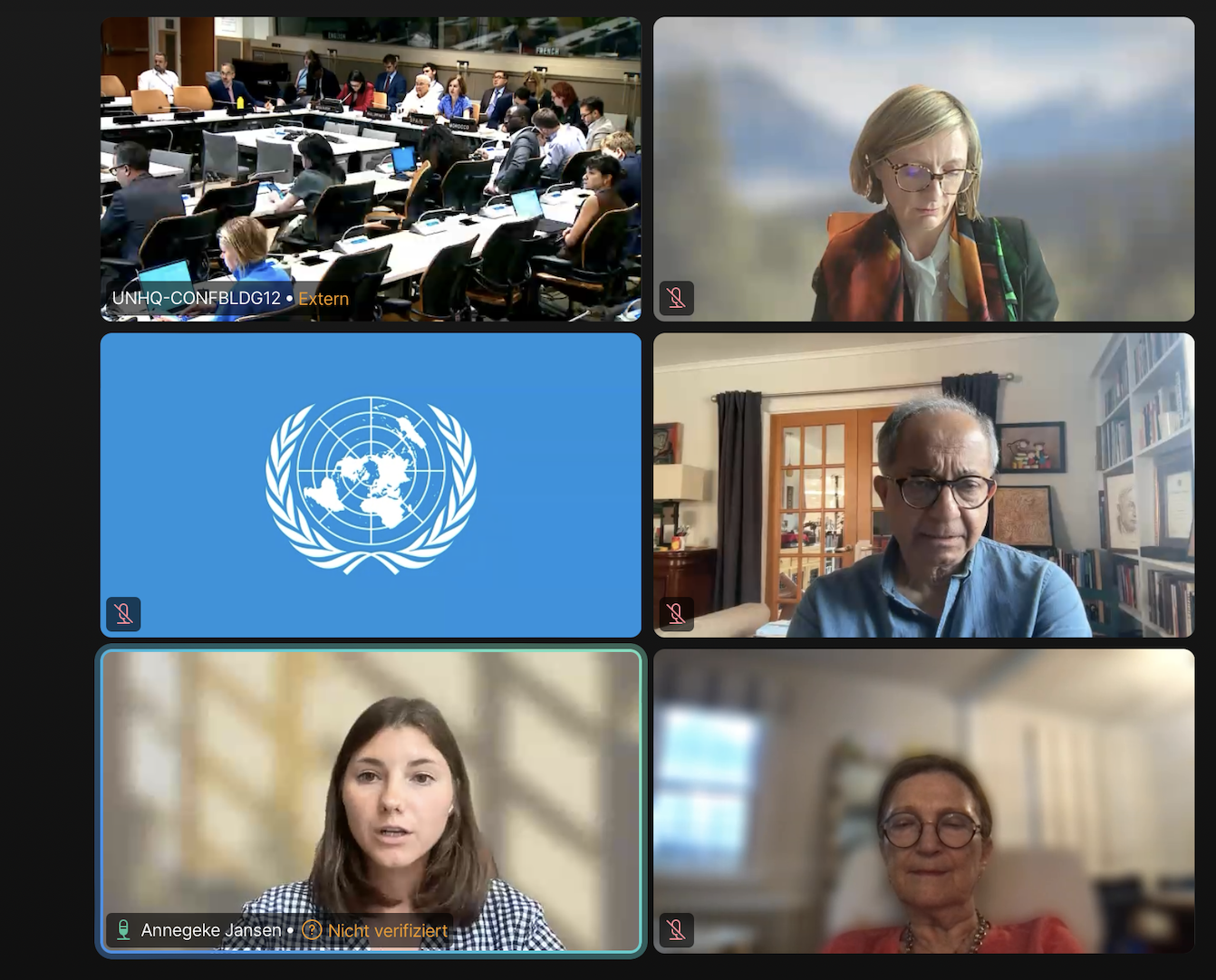24
July 2025
24
July 2025
Youth Network on Beyond GDP at the UN High-Level Expert Group’s First Consultation

At the first consultation of the UN High-Level Expert Group on Beyond GDP, the representative of the Youth Network called for intergenerational equity, inclusive metrics, and youth engagement in rethinking progress.
Held on 24 July 2025, the official side event "The High-Level Expert Group on Beyond GDP – Towards measuring what we value" at the 2025 High-Level Political Forum (HLPF) marked the first consultation of the UN Secretary-General’s High-Level Expert Group on Beyond GDP. Organized by the Secretariat of the Expert Group and the Permanent Missions of Spain, Morocco, and the Philippines, the event introduced the Group’s mandate to develop a focused set of global, country-owned indicators that better reflect the multidimensional nature of sustainable development and well-being—moving beyond GDP as the dominant measure of progress.
Special thanks to the Secretariat of the Group for including the Youth Network on Beyond GDP in the Open Discussion, alongside the event organizers, helping ensure youth voices were meaningfully represented.

Distinguished delegates, esteemed attendees,
Thank you for this opportunity to contribute to this important and inspiring discussion.
I’m honored to speak here today on behalf of the Youth Network launched at FfD4,in Sevilla, which is part of the "Youth Moving Beyond GDP" initiative: a transformative platform at the intersection of youth leadership and economic system transformation to break through the intergenerational glass ceiling in economic thinking.
Today, I would like to share three key points with you.
First of all,
I want to highlight the importance of not shying away from challenges related to the assessment of future wellbeing.
By its very nature, assessments of future wellbeing come with additional uncertainty and complexity than measuring current wellbeing. But this is precisely why intergenerational equity — the principle that future generations deserve the same opportunities for wellbeing as current ones — should serve as a cornerstone principle of how we define and measure progress.
After all, sustainability is fundamentally about safeguarding wellbeing across generations. Let the complexities of its measurement not deter us, but rather motivate us to invest the time and effort needed to develop meaningful, forward-looking measures of sustainability, acknowledging responsibility across generations.
Second,
The wellbeing of future generations — like that of today’s — is a multidimensional phenomenon. Measuring it requires an interdisciplinary, inclusive, and deliberative approach.
As an economist, I value the insights our discipline offers — but I also recognize its limitations in capturing the full scope of today’s challenges. To truly understand what matters for future generations, we must open our frameworks to insights from environmental science, philosophy, sociology, and beyond.
In addition, this expertise must be complemented by other valuable sources of knowledge, including insights from policymakers and civil society.
Crucially, we must elevate youth engagement as a source of innovation and accountability. Young people are not just future stakeholders: we are present-days actors with vision, expertise and determination to safeguard today and tomorrow’s wellbeing.
Only by integrating these diverse perspectives and achieving intergenerational equity can we build a truly comprehensive understanding of what future wellbeing means — and how to measure and protect it.
Third,
It is crucial that measures of progress take distributional aspects into account.
Without this, we risk leaving behind those who are already marginalized. We may overlook youth unemployment, loneliness among the elderly, gender inequalities in unpaid care, or regional vulnerabilities that are hidden in national averages.
We should therefore assess the distribution of wellbeing both within and between regions — across generations, demographic profiles, and social groups — now and into the future.
Finally, I would like to invite all young economic thinkers to register for the Youth Network on Beyond GDP, run by the Beyond Lab, Rethinking Economics and UNCTAD. It’s a unique opportunity to shape new measures of progress, gain knowledge of UN processes, and drive intergenerational leadership in redefining sustainable development.
Thank you.

To dive deeper, explore Annegeke Jansen’s latest paper, Beyond GDP: a review and conceptual framework for measuring sustainable and inclusive wellbeing, in The Lancet Planetary Health.
The Youth Network on Beyond GDP looks forward to serving as a “sounding board” for the Secretary-General’s High-Level Expert Group on Beyond GDP. By bringing in the insights, expertise, and lived experiences of young people, the Youth Network aims to ensure that intergenerational equity and the needs of future generations are meaningfully integrated into the new global framework for measuring sustainable development and well-being.